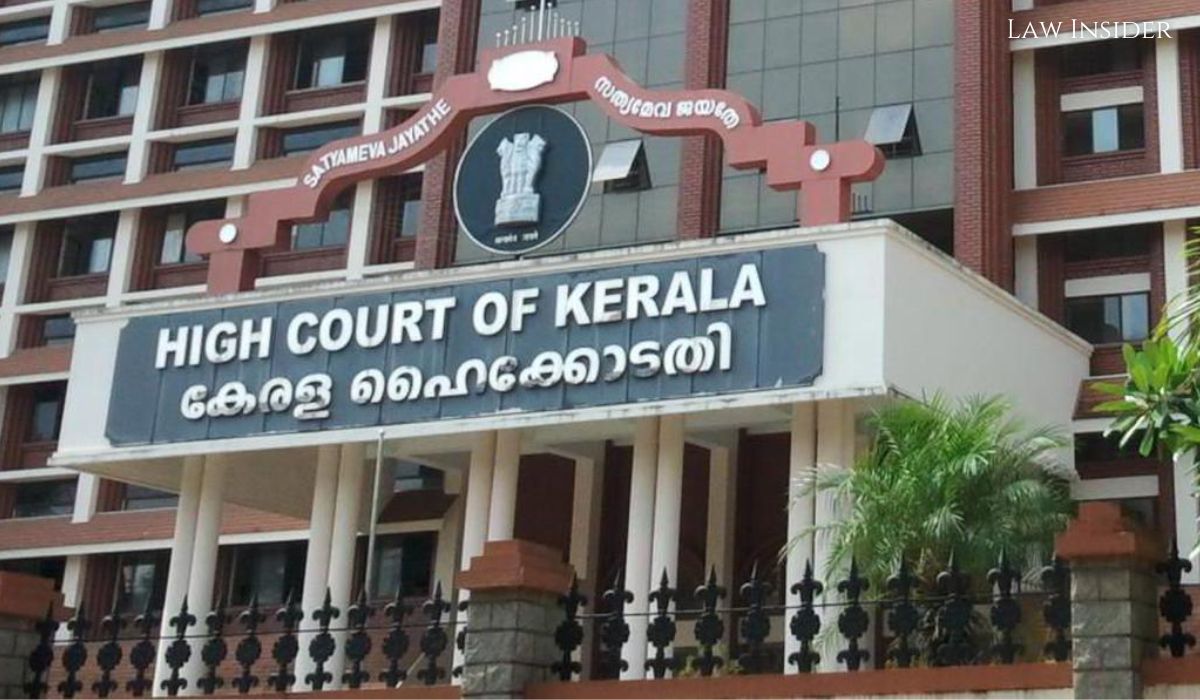LI Network
Published on: 26 January , 2024 at 10:10 IST
The Kerala High Court ruled that seizing or retaining a passport by investigating agencies is not permissible unless it qualifies as ‘property’ under Section 102 of the Cr.P.C.
An Intelligence Officer of the Narcotics Control Bureau (NCB) had seized the petitioner’s passport, alleging involvement in an offence under the Narcotic Drugs and Psychotropic Substances Act, 1985 (NDPS Act).
The Court deliberated on whether the investigating agency could retain the petitioner’s passport, mobile phone, and identity card during the investigation.
Justice Bechu Kurian Thomas, presiding over a Single Bench, stated, “A passport is a crucial document issued under the Passports Act, 1967… Investigating agencies cannot seize or retain a passport. If a document is considered as property, its seizure must comply with the conditions under Section 102 of the Cr.P.C. Typically, documents are impounded under Section 104 Cr.P.C., which can only be carried out by the Court.”
Although the petitioner applied for interim custody of the passport under Section 451 of the CrPC, the request was rejected. The petitioner was interrogated and arrested in connection with a case involving the receipt of 3.500 kgs of hashish oil in a parcel addressed to him.
After being granted bail, the petitioner sought the release of his passport, ID card, and mobile phone, which the Sessions Court denied, citing bail conditions and potential misuse.
The High Court ruled that “there was no condition stipulating depositing the passport with the court or the investigating officer. Therefore, the passport seized from the petitioner is not subject to any condition for retention with the second respondent, even in the order granting bail.”
The Court emphasized that documents are generally impounded under Section 104 of the Cr.P.C., which can only be done by a Court.
The Court also found no justification for retaining the petitioner’s mobile phone. If the mobile phone needed to undergo forensic analysis, it should have been done by now.
Consequently, the Court ordered the immediate return of both the mobile phone and the petitioner’s identity card, as they were irrelevant to the ongoing investigation.
Accordingly, the High Court overturned the Sessions Court’s order and granted the petition.

